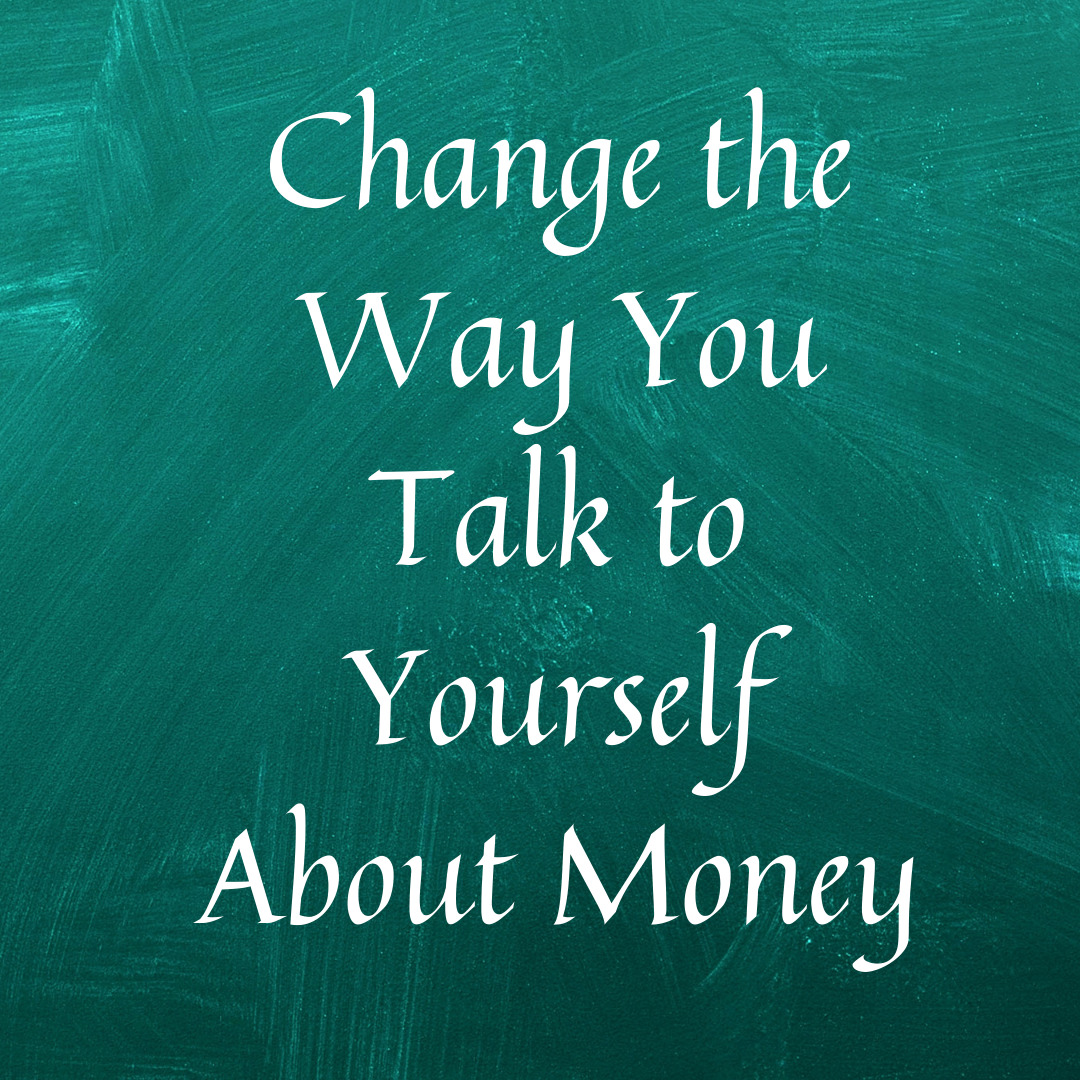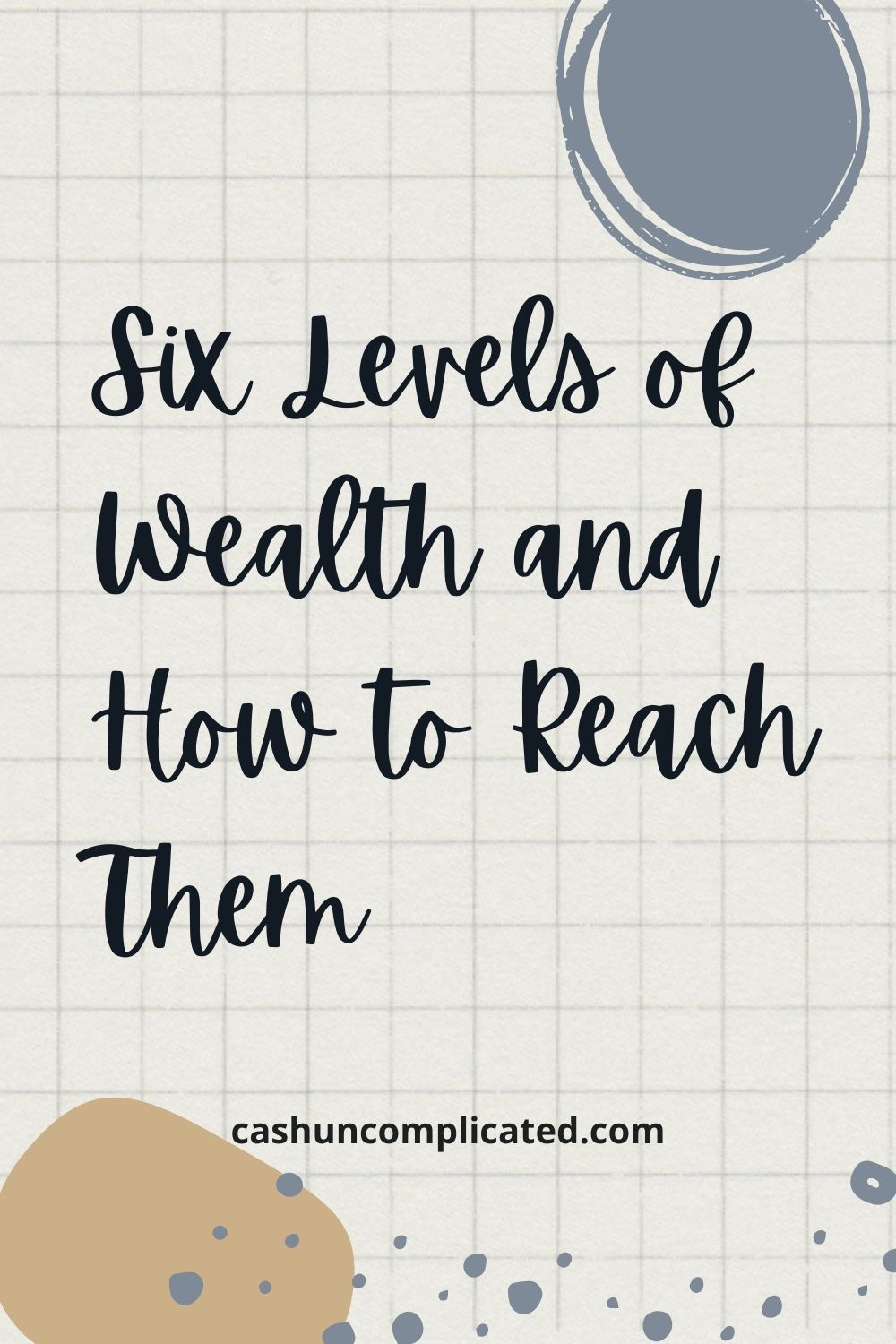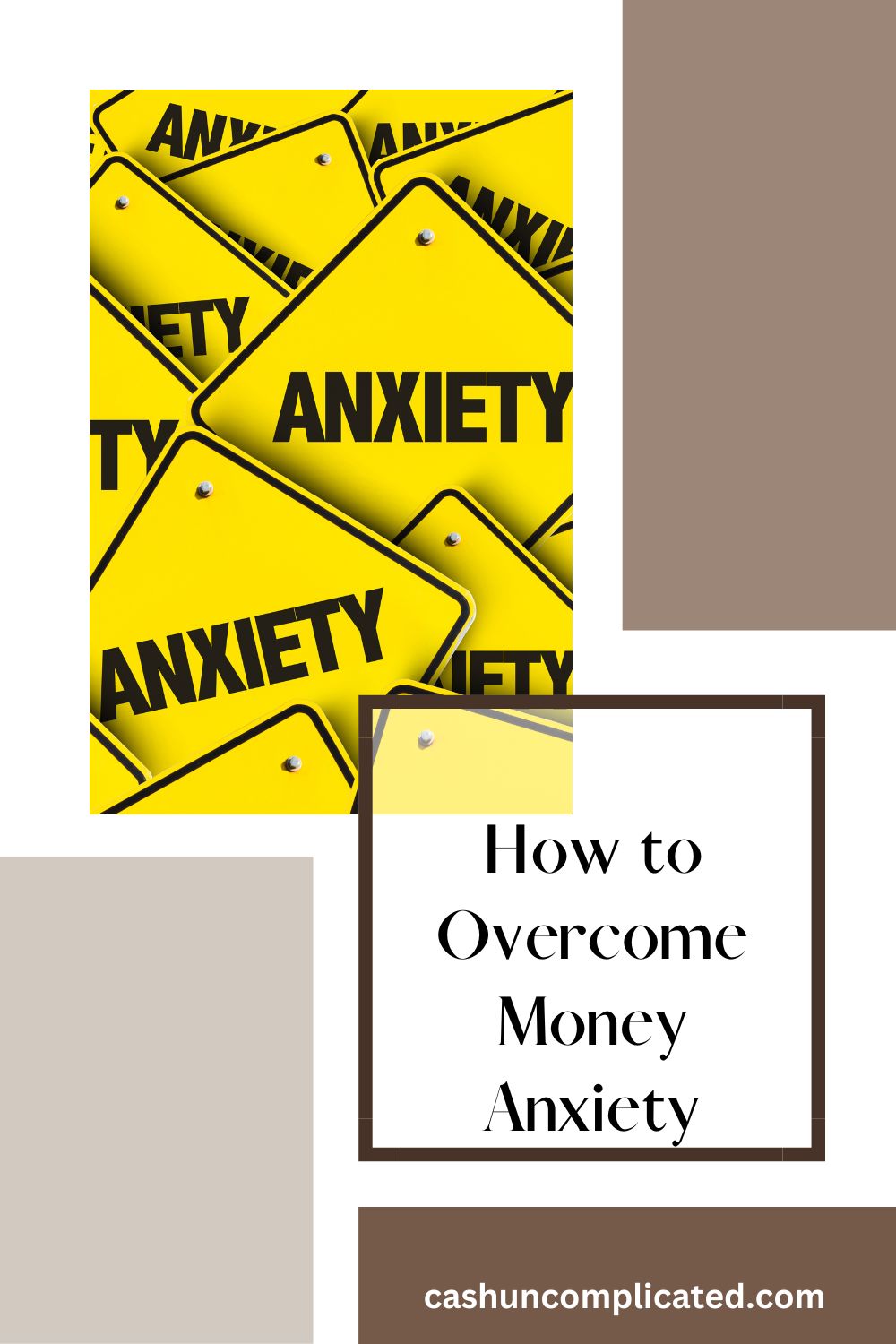It’s natural to get down on ourselves now and then. We all have moments of negativity. Sometimes it’s a news story that gets us going, other times it might be something that happened at work, or it could be a financial issue that seems impossible to overcome.
Whatever it is, people get down on themselves. A lot of that has to do with the way we perceive and process events. Humans, myself included, are guilty of blowing things out of proportion. Usually when we take a step back, we can get things back into perspective.
One area of life that seems to get a lot of people down is personal finance, specifically money issues. Suffocating student loans, a large mortgage, credit card debt, not having enough saved for retirement, childcare expenses, an unexpected rent hike, among many other things. There are a lot of ways money can become stressful, and it’s easy to go down a negative path as a result.
It’s not necessarily the financial events that are the problem, it’s oftentimes our perception and subsequent reaction to them. Many of our perceptions come as a result of the way we talk to ourselves.
In Shad Helmsetter’s book, What to Say When You Talk to Yourself, he writes about what the title would suggest: how to talk to yourself. Helmsetter explains that we talk to ourselves more than we think, and that we use negative self-talk far too often.
Throughout the book, Helmsetter provides tangible strategies and examples of how to talk to yourself. I have personally put his methods into practice, and it makes a difference. Re-framing negative self-talk has helped positively shape my mindset and see the world differently.
In my book Cash Uncomplicated, I start chapter one by writing about some of the misconceptions I had about money. Those misconceptions led to negative self-talk, and the negative self-talk led to a reinforcement of those misconceptions. As a result, my mindset was off kilter. Both my mindset and the way I talked to myself about money needed to change.
I think a lot of people are in the same boat I was in. As a result, I created a list of common ways we talk to ourselves about money, and more importantly—examples of how we can re-frame those words into more positive language.
| Negative self-talk | Re-frame |
| I’m not good with money | I’ve struggled with money in the past, but I’m learning and getting better |
| People with money are greedy | There are a lot of very generous people out there |
| I’ll never be able to afford to buy a house | I’m making progress every month towards the down payment to buy a house |
| At this rate, I’ll be working until I’m in my 90’s | I’ve got a plan to retire and am making progress |
| The economy sucks | I’m going to contribute to my retirement fund every month, I know the economy goes up and down |
| Investing is only for the rich | Investing is available to anyone, including me |
| I can’t save | I saved more this year than last year |
| It’s rude to talk about money | I’m going to learn as much as I can about personal finance so I can improve |
| I’m just going to lose it in taxes anyway | I’m going to talk with a professional to help me with tax optimization |
| At this rate, I’m going to have to win the lottery | I’m making financial progress every month |
| It’s not fair that athletes and celebrities get paid what they do, and I’m in the poorhouse | I’m on my way to financial independence, I’m focused on my own situation. Comparing myself to others is futile. |
| My parents never talked to me about money so how should I be expected to be good with it? | I teach my kids about personal finance so they don’t have to worry about money like I used to |
| School didn’t teach me about money so I’m not good with it | There are endless opportunities for me to self-educate myself about money: books, podcasts, blogs, webinars. There is opportunity everywhere. |
| There’s more to life than money | Money gives me more choices in life. I can choose to give to charities, keep my kids out of student loan debt, relieve stress by paying off all my debt, and more. |
Gandhi said, “Your beliefs become your thoughts, your thoughts become your words, your words become your actions, your actions become your habits, your habits become your values, your values become your destiny.”
Your thoughts are the way you talk to yourself. I believe that the way we choose to talk to ourselves can change our thoughts, beliefs, actions, and habits. When all of those things change, our life begins to change.








